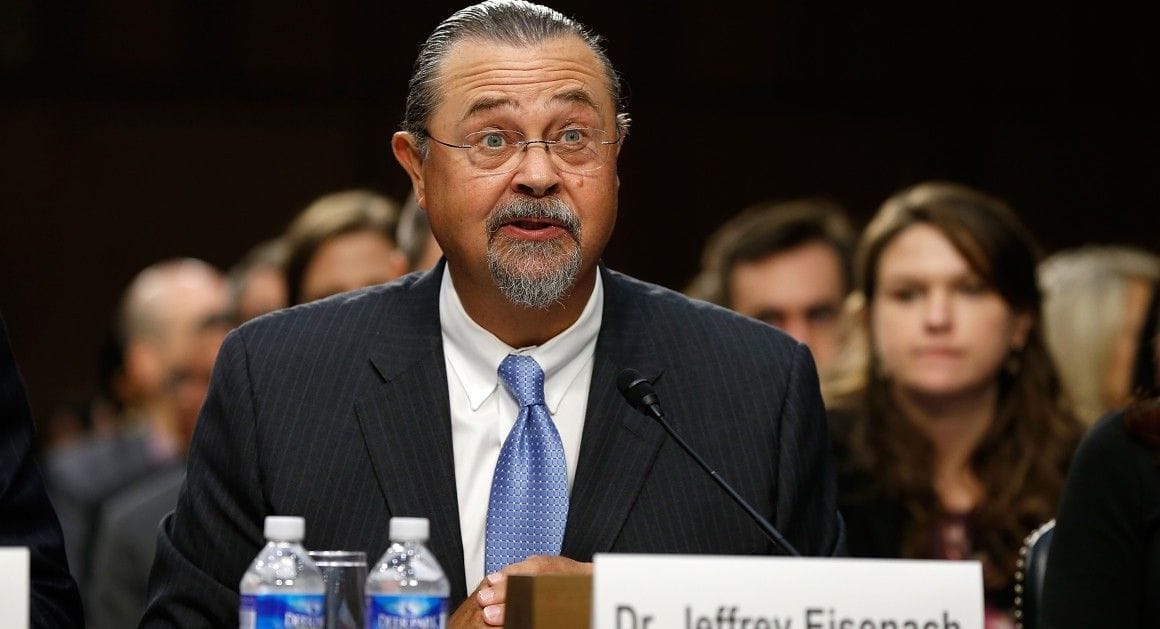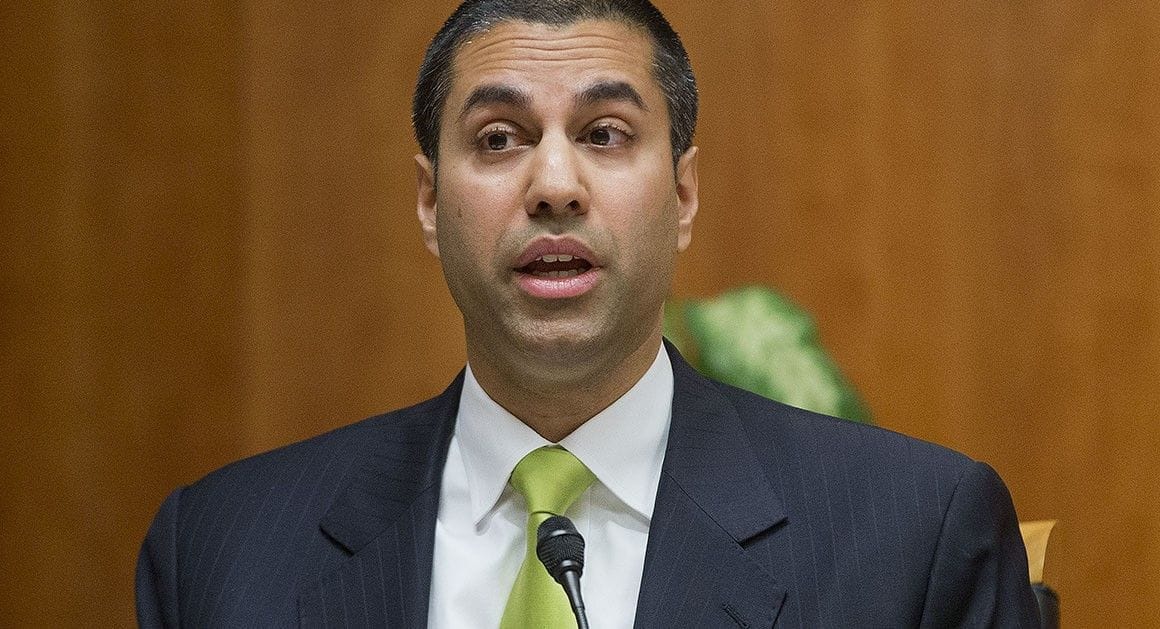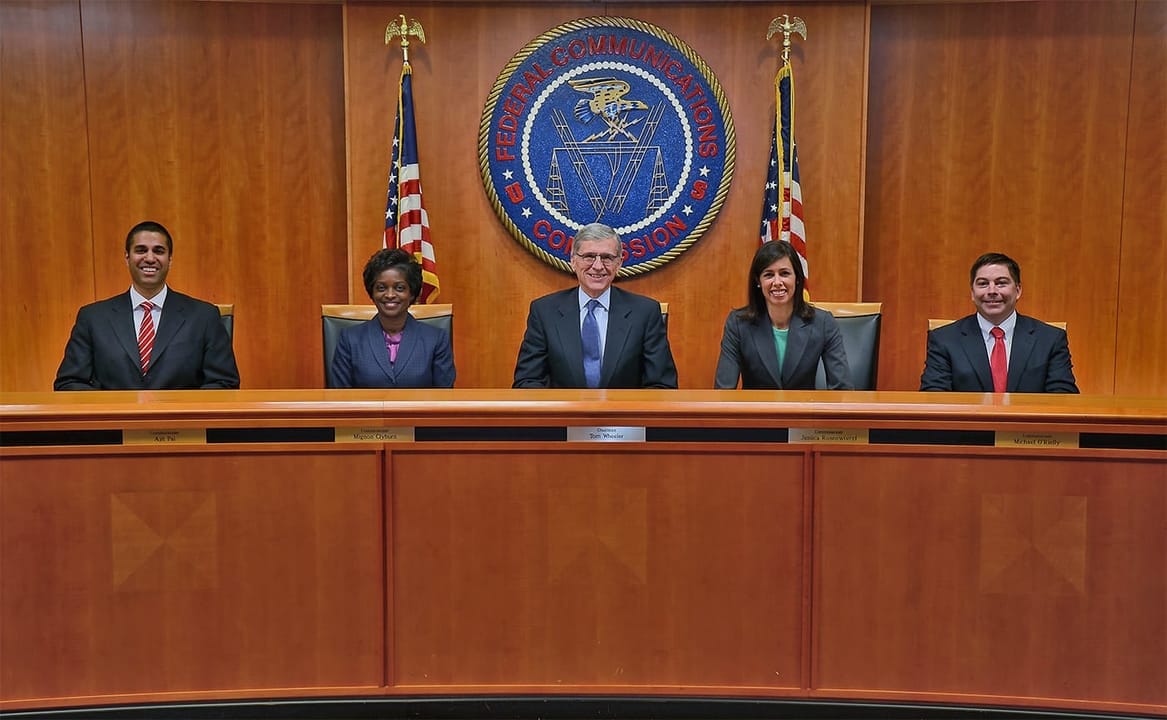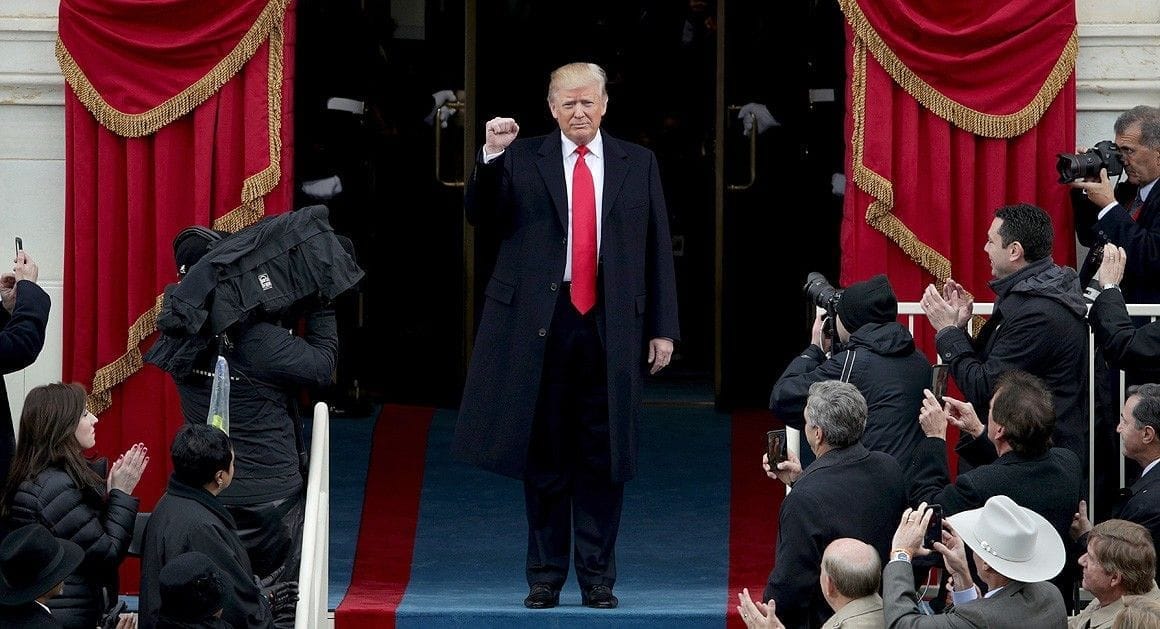Donald J. Trump is now the president of the United States of America. While his stances on prominent issues like immigration and trade are fairly clear, there are some smaller issues that have not enjoyed as much time in the spotlight. Net neutrality is one of those issues.
While I can’t recall as single time that net neutrality was discussed during the campaign of any candidate last year, it’s highly unlikely that this means the issue will simply be swept under the rug for the next four years. The clues regarding the future of net neutrality in America are there, so allow me to uncover some of them for you.
Let’s begin with the newly elected president himself.
President Trump’s Stance
President Trump has not gone into much detail concerning how he feels about net neutrality. The only insight we have is a tweet he sent out in November of 2014.In this tweet, Trump appears to confuse net neutrality with the Fairness Doctrine. In reality, the two concepts are completely separate from one another.
The Fairness Doctrine was a rule abolished by the Federal Communications Commission (FCC) in the late ‘80s that required broadcasters to discuss controversial matters of public interest and to present opposing views while doing so. Net neutrality is a much more recent idea that was backed by the FCC during the Obama administration. It prevents Internet service providers (ISPs) charging content providers for faster access for their customers. In other words, ISPs cannot offer faster streaming speeds to a service like Netflix because that might put competitors as a serious disadvantage.
Since it appears Trump doesn’t quite understand what net neutrality is, it may be important to take his tweet from over two years ago with a grain of salt. His transition team, however, may offer us a bit more insight into the future for net neutrality.
Transition Team
During the transition period after election night, that president-elect appoints people to help lead the new administration into each agency and department. These people lead what are called agency landing teams. and virtually every department has them. The Department of Agriculture, the National Security Council—all these agencies have landing teams, and the FCC is no exception.The top three people leading the FCC landing team are all outspoken critics of net neutrality and/or are in favor of zero-rating. Zero-rating is the practice of ISPs and other network providers not charging their customers for data used while on certain applications or services. For example, Sprint could strike a deal with Spotify so that when you use Spotify, it doesn't count against your internet data for that month.
These three people leading the landing team are Jeffrey Eisenach, Mark Jamison, and Roslyn Layton.

However, it’s not surprising that Eisenach and Jamison are anti-net neutrality. According to the New York Times, Eisenach is a former paid consultant for Verizon, and according to Forbes, Jamison is a former lobbyist for Sprint. ISPs tend to be opposed to net neutrality simply because they could be making a lot more money without it, and it seems these men have carried some of those beliefs into the transition effort.
The consumer protection group Free Press, a group in favor of net neutrality rules, had this to say about the appointments of Eisenach and Jamison to the transition team:
They’ve habitually opposed the communications rights of real people, prioritizing instead the monopoly-minded views of companies like AT&T, Comcast and Verizon… And they see further consolidation of media giants as a boon for the big businesses that pay them, ignoring the many people who struggle to pay escalating costs to connect and communicate.If members of the FCC landing team were in charge of determining whether net neutrality was a thing of the past, it seems like it would be. However, these are not the people who will be deciding. That job rests largely in the hands of the FCC commissioners themselves.If President-elect Trump were the least bit sincere about his claims to “drain the swamp” of lobbyists and special-interest operatives, he couldn’t have done much worse than selecting these two.
The FCC – Looking Ahead
The GOP-controlled Senate wrapped-up its last legislative session in December without confirming FCC commissioner Jessica Rosenworcel, forcing her to step down from her position at the FCC.This leaves the FCC in a partisan stalemate. On one side, two Democratic commissioners - Chairman Tom Wheeler and Mignon Clyburn, and on the other side, two Republican commissioners, Ajit Pai and Mike O’Rielly.
Once Trump becomes President, a new FCC commissioner will be chosen, and that choice is likely to be a Republican. This would give the GOP a 3-2 advantage in the FCC, allowing them to enact Republican favored policies.
When that happens, Wheeler’s chairmanship is likely to go to someone else. According to the Politico, Pai is expected to edge out O’Rielly for the position. Politico’s report comes from four industry sources familiar with the decision, according to the site.

Here is what Pai had to say about net neutrality in a speech before the Free State Foundation in December 2016, according to Ars Technica:
On the day that the Title II [net neutrality] Order was adopted, I said that 'I don’t know whether this plan will be vacated by a court, reversed by Congress, or overturned by a future Commission. But I do believe that its days are numbered. Today, I am more confident than ever that this prediction will come true. And I’m hopeful that beginning next year, our general regulatory approach will be a more sober one that is guided by evidence, sound economic analysis, and a good dose of humility.O’Rielly shares a similar stance with Pai, saying the following at the same event mentioned above:
Next year’s Commission should consider acting quickly to reverse any damaging policies put into place over the last eight years and in the last few weeks of this Administration. It should likewise close out any problematic notices and dockets.If the next commissioner is anything like his/her Republican colleagues, then I think it’s safe to assume that they will be against net neutrality and any other kinds of government regulation as well.
Can Net Neutrality be Repealed?
The current net neutrality rules as we know them come from the Open Internet Order passed by FCC Chairman Tom Wheeler. This order reclassified ISPs as common carriers under Title II of the Communications Act. By classifying ISPs as a common carriers, ISPs are then legally bound to accommodate all internet users and content providers equally, which stops them from charging content providers more for faster internet speeds. The D.C. Court of Appeals backed up the order in June 2016.But the question still remains: can this all be undone?
Well, let's start with the court's decision to uphold the order. While the decision was a victory for net neutrality advocates, it didn't set the idea in stone. Instead, the court was saying that the FCC has the ability to make this particular order, but that doesn't mean the order needs to remain in place. The same power that allows the FCC to enact net neutrality rules allows the FCC to repeal those rules.
However, repealing net neutrality rules won't be that easy. Legally, yes, the new chairman could do it, but the controversy an act like that would create means that this plan of action is unlikely. Republicans in Congress are facing a similar situation. They may want to repeal the Affordable Care Act, but many Americans expect there to be a replacement for it. While the Republican-led FCC may want to repeal net neutrality rules, many Americans, as well as the House and Senate Commerce Committees, would expect some kind of replacement first. That replacement could take years to formulate.

Another way that net neutrality rules can be rolled back is through Congress itself. The FCC had the power to enact the Open Internet Order in the first place thanks to the Communication Act, and some Republicans think it's time to revisit this act in wake of the court's decision to uphold the Open Internet Order in June of last year.
Here's what Rep. John Shimkus (R-Ill.) had to say about the order according to Politico:
This is why we need to rewrite the Communications Act. There's a better way to protect consumers from blocking and throttling without stifling innovation or delaying build-out. That way requires action by Congress.However, any action taken by Congress is sure to be met with resistance from a plethora of outside interest groups. Not to mention the fact that net neutrality is not high on the priority list of most congressmen and congresswomen.
Simply put, it's hard to predict whether members of Congress will move to repeal net neutrality rules or amend the Communication Act, but if they do, it's sure to cause quite a stir.
The Verge put it best when they said that "net neutrality's best protection is inertia." The fight over net neutrality, at least to most people, has already been fought, and net neutrality won. While FCC commissioners like Pai and transition team members like Eisenach may want these rules repealed, the future of net neutrality remains up in the air.
For now at least.
Here's what former FCC Commissioner Michael Copps (Democrat) had to say about the future of net neutrality in a statement in the Verge:
It’s obvious to me that if you go 20 years down the line, we’re going to have net neutrality. Are we just going to back and forth until we finally figure it out?Featured Image: President Trump at his inauguration. Credit: AP Photo
Have a tip, or want to point out something we missed? Leave a Comment or e-mail us at tips@techraptor.net













